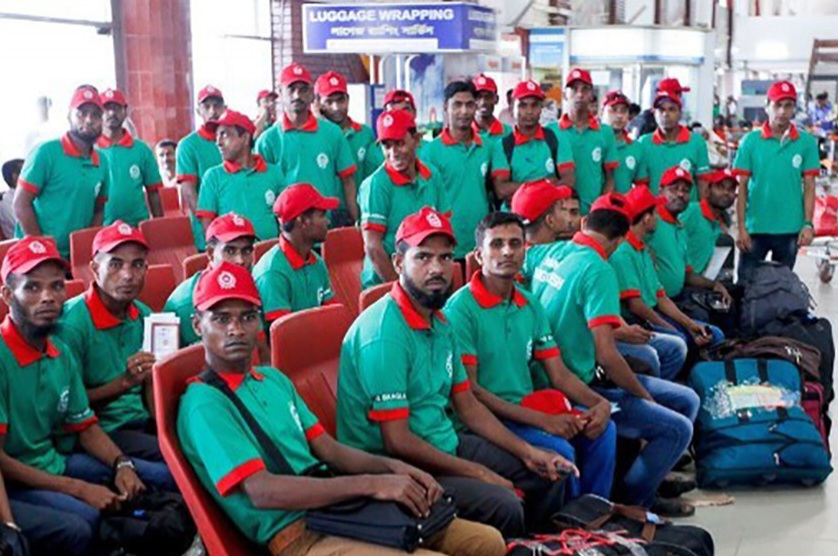
Bangladesh recorded its lowest overseas employment in 43 months, with only 49,983 workers going abroad in April 2025, according to data from the Bureau of Manpower, Employment and Training (BMET). The sharp decline—down 52% from March and 41% year-on-year—is largely attributed to a 64% drop in Saudi recruitment.
Saudi Arabia, Bangladesh’s top labour destination, hired just 28,671 workers in April compared to 80,663 in March. The fall follows stricter enforcement of attestation rules by the Bangladesh Embassy in Riyadh for single visa holders. BMET has also tightened immigration clearance amid reports of workers arriving in Saudi Arabia without confirmed jobs or valid work permits.
Labour recruiters warn that Bangladesh’s heavy dependence on Saudi Arabia—responsible for 57% of March’s overseas placements—has left the sector vulnerable. Other key markets like Malaysia, the UAE, Oman, and Bahrain remain largely closed due to alleged corruption and irregularities in the recruitment process.
In response, the Bangladesh Association of International Recruiting Agencies (Baira) plans to stage a human chain protest in Dhaka, demanding a streamlined clearance process and action against syndicates dominating the Malaysian labour market. They also urge the government to explore new labour destinations, particularly in Europe.
To address abuse and unverified job offers, the Bangladesh Embassy in Riyadh has launched an online attestation system. The move aligns with the Foreign Employment and Migration Act 2013 and aims to ensure safer migration.
Meanwhile, the United Arab Emirates has shown signs of reopening. UAE Ambassador Abdulla Ali ALHmoudi informed Chief Adviser’s Special Envoy Lutfey Siddiqi that the UAE is now issuing 30–50 visit visas daily. Additionally, 500 visas for security guards have already been issued, with 1,000 more approved. Skilled visa processing has also resumed for roles like marketing managers and hotel staff.
Officials hope that improved diplomatic ties and digitized processes will gradually revive labour migration, but recruiters stress the urgency of diversifying overseas employment markets to prevent further shocks.








